Military buildup goes against US offer of diplomacy to reach a deal: Araghchi
Foreign Minister Abbas Araghchi says the US military buildup in the region contradicts Washington’s call for diplomacy to reach a deal with Tehran.
In an op-ed contributed to The Washington Post on Tuesday, the minister reiterated Iran’s seriousness in indirect negotiations with the United States over its peaceful nuclear program.
The US has beefed up its military presence in West Asia by sending additional squadrons of fighter jets, stealth bombers, an aircraft carrier, and large quantities of weaponry in recent weeks.
“Our proposal for indirect negotiations remains on the table. We believe that if there is true will, there is always a way forward. As recent history has shown, diplomatic engagement worked in the past and can still work,” Araghchi stated.
“We are willing to clarify our peaceful intent and take the necessary measures to allay any possible concern.”
“For its part, the United States can show that it is serious about diplomacy by showing that it will stick to any deal it makes. If we are shown respect, we will reciprocate it.”
“Military buildups send the exact opposite signal,” Araghchi said, warning, “Spending taxpayer dollars on escalating the US military presence in the region, potentially endangering American soldiers far away from home, is not conducive to a diplomatic outcome.”
“Iran prefers diplomacy, but it knows how to defend itself. We have never yielded to threats in the past, and we will neither do so now nor in the future. We seek peace, but will never accept submission.”
“The ball is now in America’s court.”
If the US seeks “a genuine diplomatic resolution,” Araghchi said, Iran has already shown the way.
“If, instead, it seeks to impose its will through pressure, it must know this: The Iranian people respond decisively to the language of force and threat in a unified way.”
Araghchi said indirect talks served as an opportunity so much as a test, arguing that “negotiations is not a tactic or reflection of ideology but a strategic choice rooted in experience.”
The top Iranian diplomat said the 2015 Iran nuclear deal, known as the Joint Comprehensive Plan of Action (JCPOA), contains one vital commitment that “Iran reaffirms that under no circumstances will Iran ever seek, develop or acquire any nuclear weapons.”
“Ten years after the JCPOA was concluded — and nearly seven years after the United States unilaterally walked away from it — there is no evidence that Iran has violated this commitment,” he said.
On April 6, Trump once again threatened Iran with bombing and secondary tariffs if Tehran did not come to an agreement with Washington over its nuclear program.
Iran has reiterated its readiness to take part in indirect negotiations with the United States over its peaceful nuclear program, warning that US threats are “complicating” the current situation.
On April 7, Trump made a surprise announcement, stating that his administration would begin talks with Iran.
Araghchi later confirmed that Iran and the US would hold indirect talks in Oman on April 12. US Middle East envoy Steve Witkoff will attend the talks on Washington’s behalf, while Araghchi himself will represent Iran.
The negotiations are aimed at replacing the 2015 nuclear accord, which Trump unilaterally abandoned in 2018.
VIDEO | Tehran sky shines for Imam Ali celebration
Maduro’s abduction: China says US cannot act as world’s ‘police’ or ‘judge’
VIDEO | Australians protest over US action in Venezuela
Cuba declares national mourning for 32 citizens killed in US raids on Venezuela
Iran: US must release kidnapped Venezuelan president
After US aggression against Venezuela, Mexico could be next: Report
Qalibaf: Protesters must be heard but foreign-linked agitators will be dealt with
VIDEO | German government refuses to condemn US aggression against Venezuela


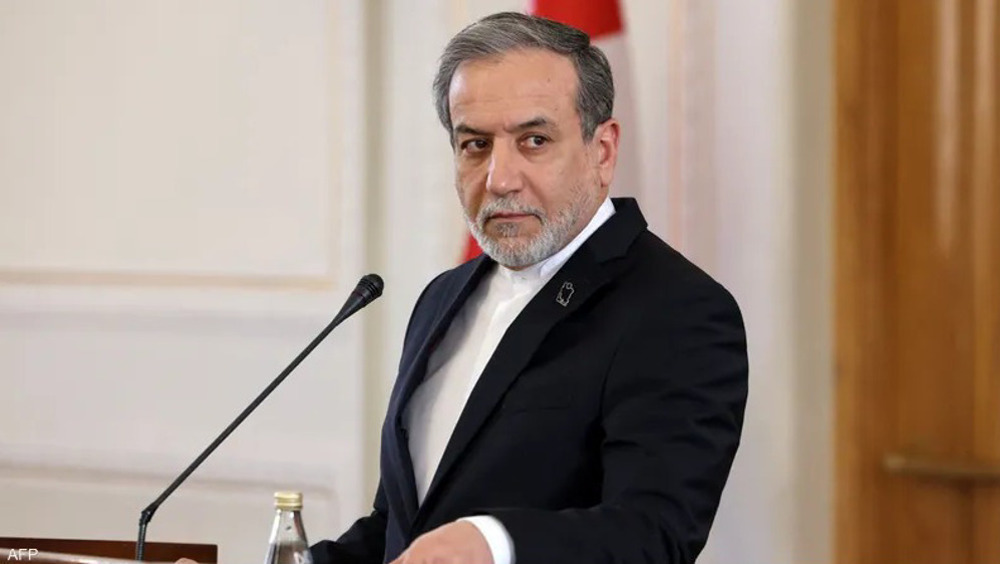
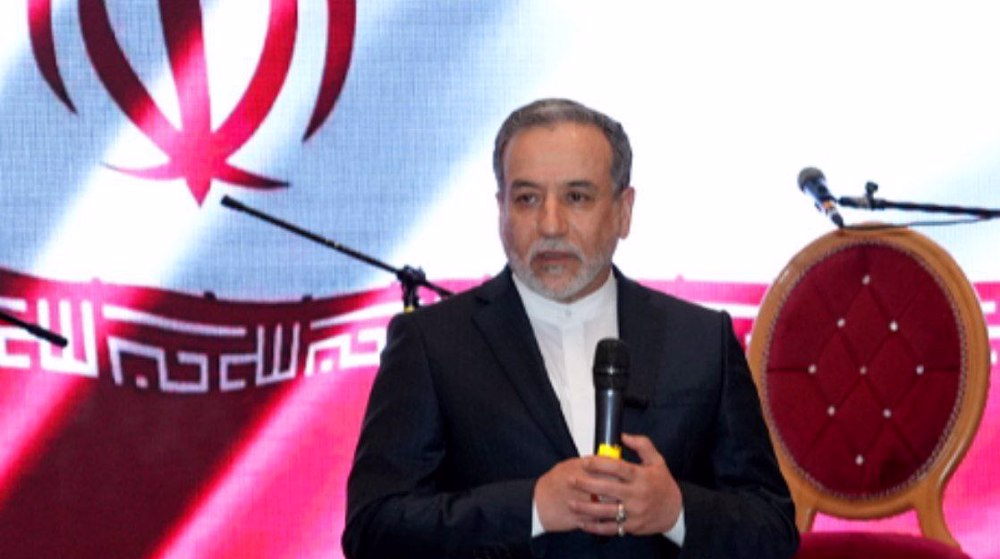
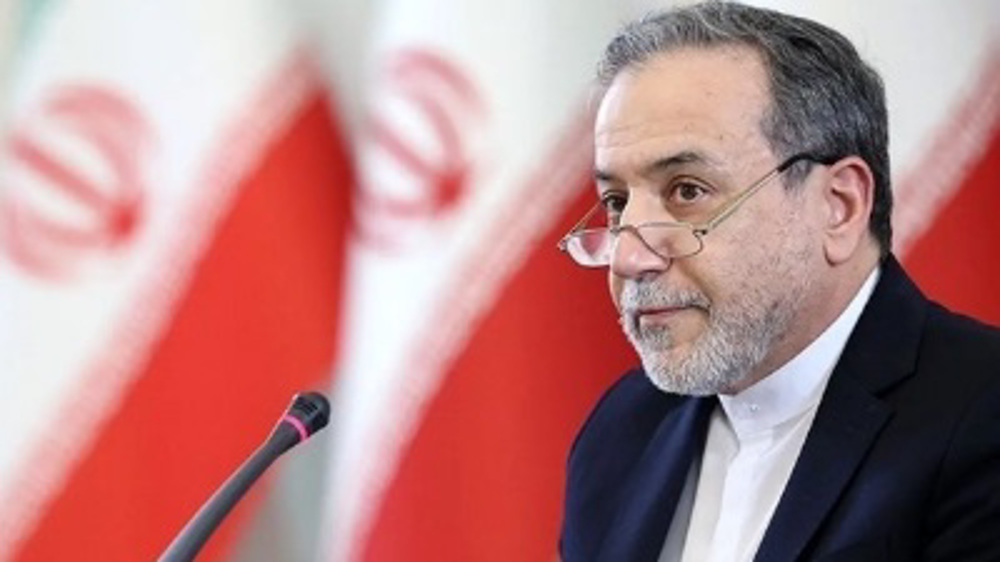
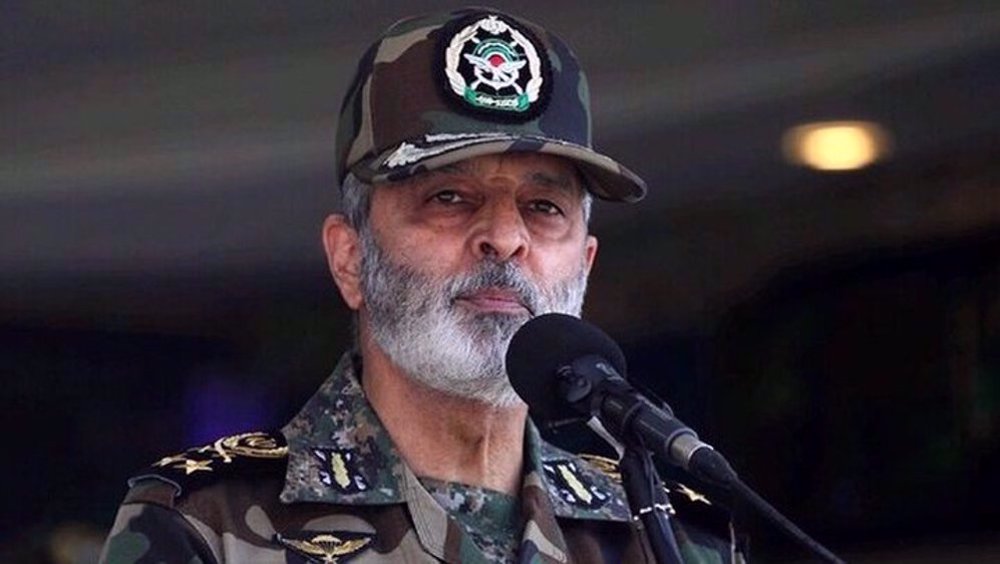

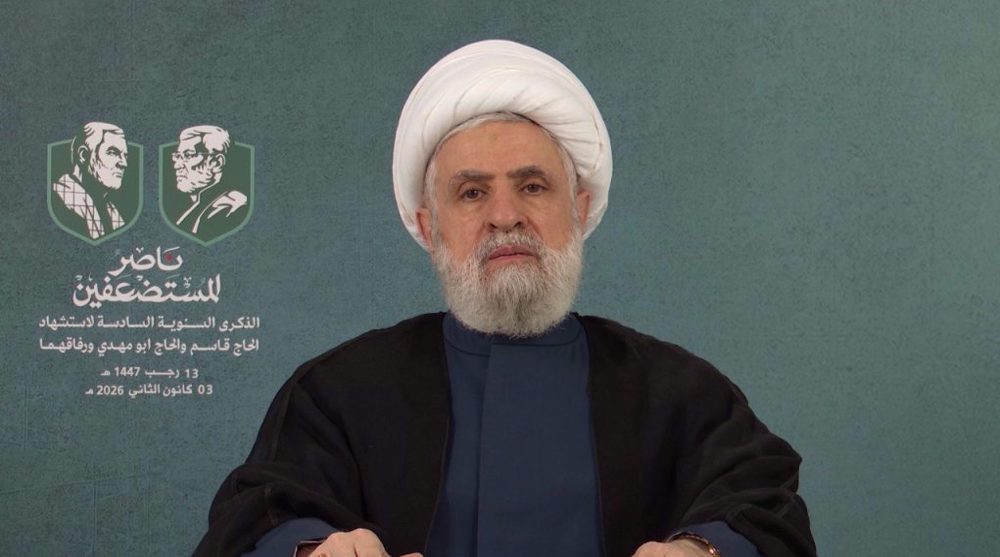



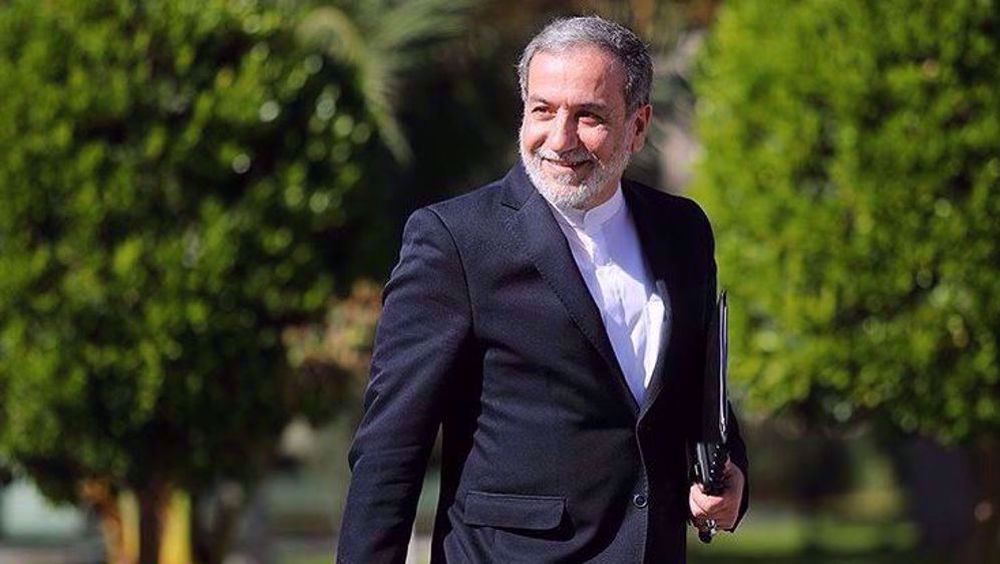
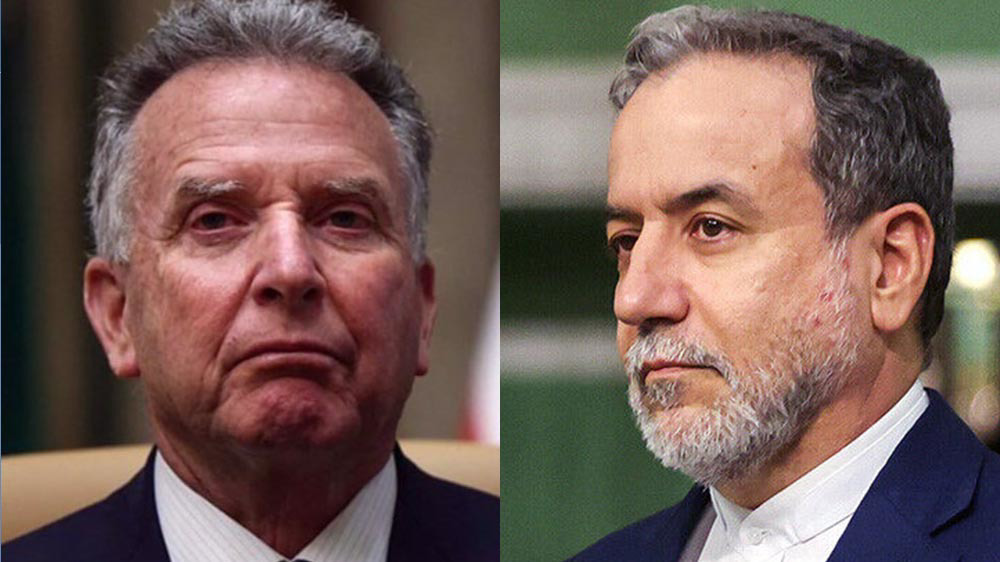
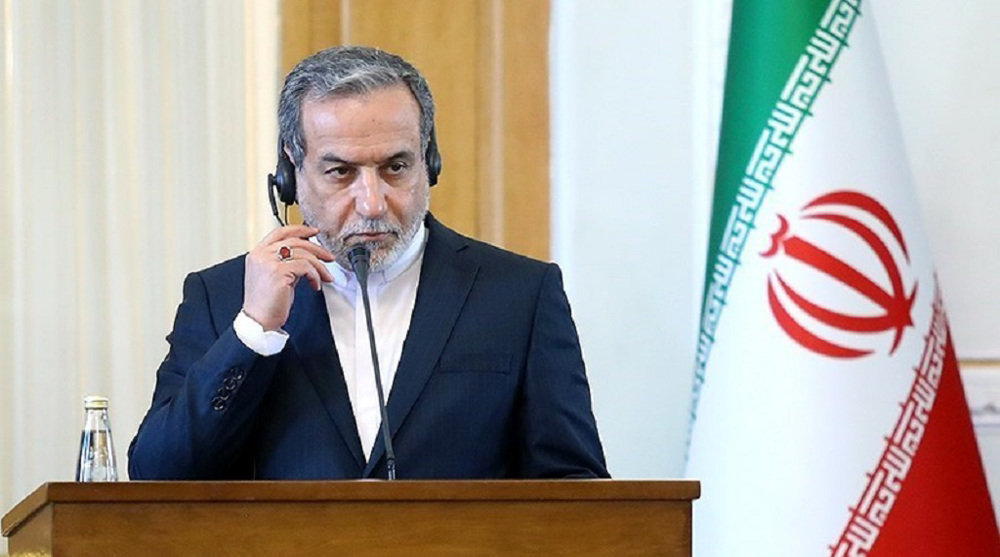

 This makes it easy to access the Press TV website
This makes it easy to access the Press TV website